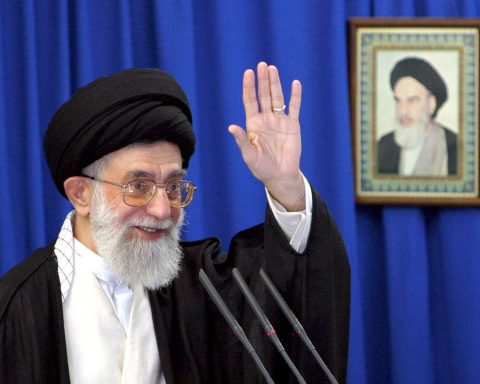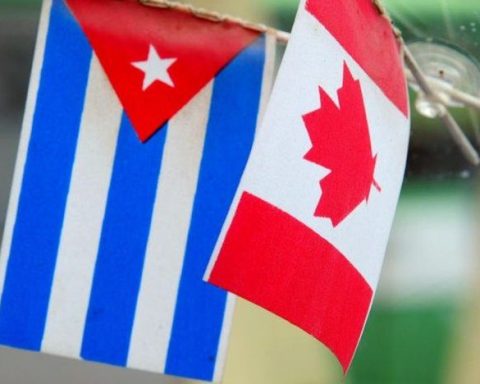The investigation was commissioned by Exame and interviewed 1,500 people via telephone between January 9 and 13, with a margin of error of three percentage points and a confidence level of 95 percent.
The poll showed that Lula, a pre-candidate for the Workers’ Party (PT), has 41 percent of the voting intentions in a first round.
This represents an increase of four percentage points over the previous Ideia survey, released last December.
Meanwhile, President Jair Bolsonaro (Liberal Party) continues to fall in vote intention, obtaining 24 percent, three percentage points less than in the previous study.
Former judge Sérgio Moro (Podemos) remains the strongest name in the third way, with 11 percent, followed by Ciro Gomes (Democratic Labor Party) with seven percent.
They are followed by the governor of Sao Paulo, Joao Doria (Brazilian Social Democracy Party), with four percentage points, and the president of the Senate, Rodrigo Pacheco (Social Democratic Party), with one percent.
Meanwhile, Simone Tebet (Brazilian Democratic Movement), Alessandro Vieira (Citizenship), André Janones (Avante), Leonardo Péricles (Popular Unity) and Luiz Felipe D’Ávila (Novo) did not score in this inquiry.
In the spontaneous question, in which the names of the candidates are not offered to the respondents, Lula has 34 percent of the voting intentions, an advance of six points in relation to the December study, while Bolsonaro maintains the 20 percent recorded on that occasion.
In the opinion of Mauricio Moura, founder of Ideia, the positive increase in the intention of spontaneous vote of former president Lula is one of the most relevant data of the current round of the survey.
“The spontaneous question gives an exact idea of the voter’s commitment to the candidate, because in the spontaneous poll no alternative is offered to the interviewees,” he stressed.
He added that Lula’s intention to vote spontaneously has evolved in regions such as the central west, strengthened in the southeast and there are even positive balances in subsegments traditionally allied with Bolsonaro, such as evangelicals.
According to Moura, Bolsonaro’s performance is due to his management, since more than 50 percent of voters describe it as negative.
According to the investigation, in an eventual second round of elections Lula would defeat all the competitors with a good advantage.
acl / lpn
















